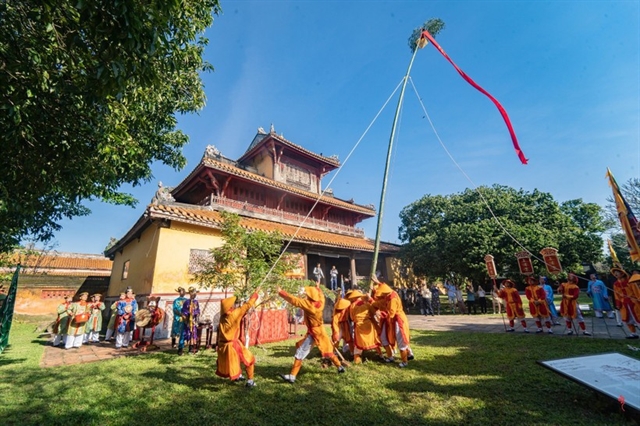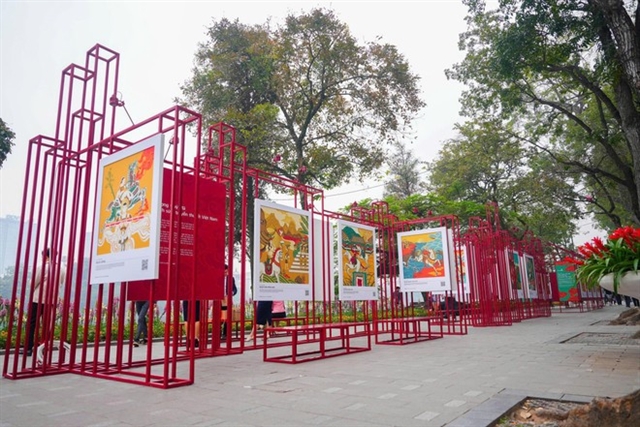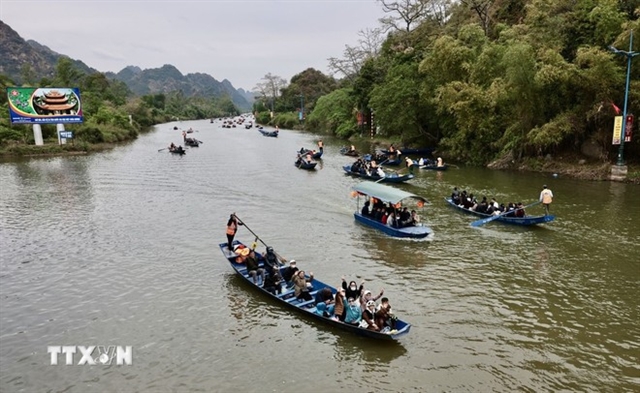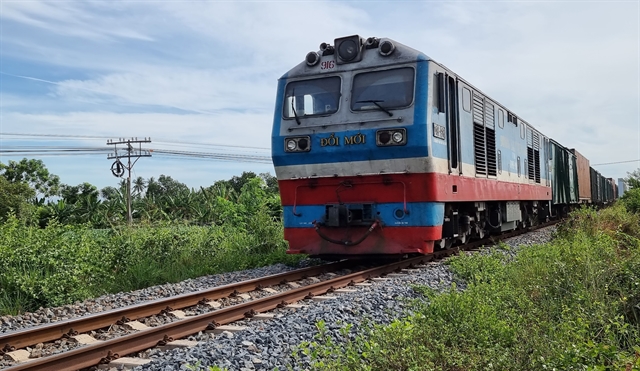 World
World
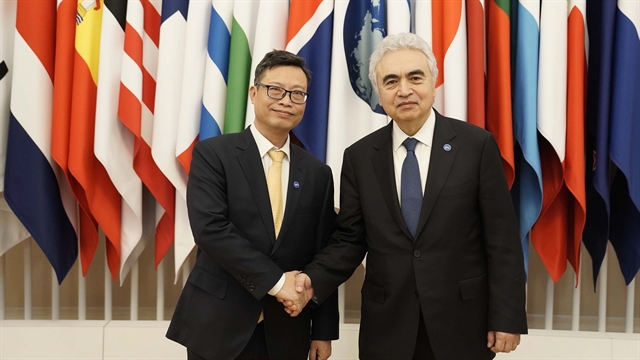
The United Nations is likely to withdraw its peacekeeping troops from Haiti, a top UN official said on Thursday, scaling back the 12-year mission blamed for a 2010 cholera epidemic.
PORT-AU-PRINCE — The United Nations is likely to withdraw its peacekeeping troops from Haiti, a top UN official said on Thursday, scaling back the 12-year mission blamed for a 2010 cholera epidemic.
About 4,800 troops and police are deployed in the UN Stabilization Mission in Haiti (MINUSTAH), along with 1,200 civilians who were sent after the Caribbean country descended into violence that ended with the departure in 2004 of president Jean-Bertrand Aristide.
"The military component of MINUSTAH is expected in all likelihood to be withdrawn in the relatively near future," said UN peacekeeping chief Herve Ladsous, who traveled to Haiti to assess the mission.
"Even if the military tasks will disappear, because they are no longer required in Haiti’s security environment, there remains much work to do on the police, the rule of law, and also human rights and the status of women," Ladsous told a news conference.
The UN had prepared to draw down MINUSTAH earlier, but those plans were shelved after the devastating earthquake of 2010 that killed 220,000 people.
The mission, however, has not endeared itself with Haitians.
Former UN secretary-general Ban Ki-moon was forced to apologize to the Haitian people for the cholera epidemic which, as the UN admitted only last year, was likely introduced by infected Nepalese UN peacekeepers sent to Haiti after the earthquake.
The epidemic has claimed more than 9,000 lives in Haiti and infected 800,000 people. Even now, 500 new cases of cholera are reported weekly.
The UN has pledged to set up a fund to help the victims, but it insists that it is not legally responsible for the damages and invokes diplomatic immunity from lawsuits.
The mission has also been hit by allegations of sexual abuse and exploitation of Haitians, including minors.
The UN Security Council will decide in April on the future of the mission, which Ladsous said is likely to be "reconfigured" and renamed. — AFP

